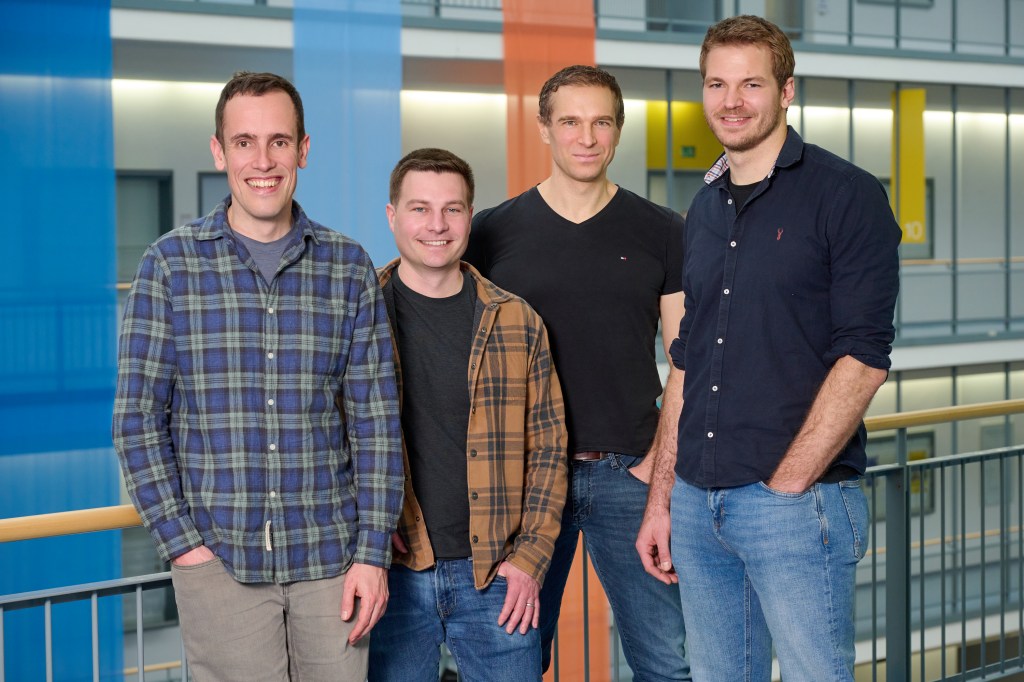The realm of artificial intelligence (AI) has witnessed remarkable advancements, particularly in the generation of realistic images from textual descriptions. However, the creation of fully interactive 3D environments from text prompts remains an elusive goal. Addressing this challenge, Matthias Niessner, a distinguished AI researcher from the Technical University of Munich, has embarked on a new venture by founding SpAItial, a startup dedicated to this ambitious endeavor.
Niessner, who previously co-founded Synthesia—a company specializing in realistic AI avatars valued at $2.1 billion—has taken a leave from academia to lead SpAItial. The startup has successfully raised a substantial seed funding of $13 million, a notable achievement in the European tech landscape. This funding round was spearheaded by Earlybird Venture Capital, known for backing successful ventures like UiPath and PeakGames, with additional participation from Speedinvest and several prominent angel investors.
Despite being in its nascent stages, SpAItial has already showcased a teaser video demonstrating the potential of generating 3D rooms from text prompts. The startup’s strength lies in its formidable team, including Ricardo Martin-Brualla, formerly involved in Google’s 3D teleconferencing platform, and David Novotny, who led Meta’s text-to-3D asset generation project.
The pursuit of creating interactive 3D environments from textual descriptions is often referred to as the holy grail in AI research. While competitors like Odyssey, which secured $27 million focusing on entertainment applications, and World Labs, founded by AI pioneer Fei-Fei Li and valued at over $1 billion, are also exploring this domain, Niessner believes that the field is still in its infancy with ample room for innovation.
Niessner envisions not just the generation of 3D worlds but ensuring these environments are interactive and behave like the real world. This vision extends beyond static models, aiming to create dynamic spaces where users can engage meaningfully.
The potential applications for such technology are vast, ranging from video game development to digital twins and augmented reality experiences. The promise of a trillion-dollar opportunity in these sectors has attracted significant venture capital interest, though the path to market realization remains complex.
In summary, SpAItial’s ambitious goal to develop interactive 3D environments from text prompts represents a significant stride in AI research. With a strong team and substantial funding, the startup is poised to make impactful contributions to the field, potentially transforming how we interact with digital spaces.



